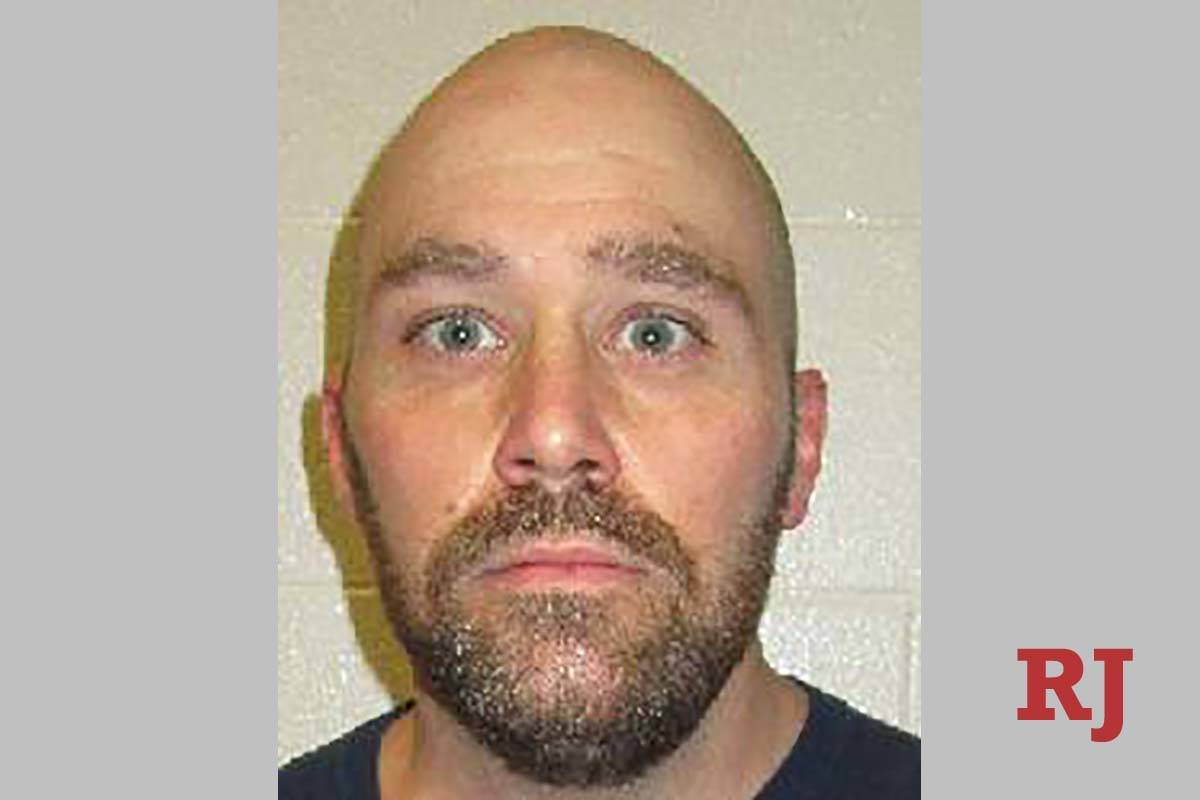Prison officials: Discussions about execution protocol should be secret
As prosecutors push to execute Zane Floyd, Nevada Department of Corrections officials hope to keep secret their discussions about what drugs could be mixed in the lethal injection cocktail, citing in part concerns about “cancel culture.”
With Floyd’s death potentially about a month away, prison director Charles Daniels and the state’s chief medical officer, Ihsan Azzam, are tasked with obtaining the fatal prescription.
“Providing information as to what was discussed to arrive at the final execution protocol does not benefit the public,” wrote Chief Deputy Attorney General Randall Gilmer, who represents the prison system. “Indeed, given copycats and cancel culture, sharing information not relevant to the final execution protocol — including what drugs may or may not have been considered — would harm the public.”
Floyd was sentenced to die for killing four people inside a Las Vegas Albertsons in June 1999. His federal appeals of his conviction exhausted in November after the U.S. Supreme Court denied his request for a review of his case.
That set in motion a push for his execution, as Clark County District Attorney Steve Wolfson asked a state court judge to sign a death warrant next week, seeking Floyd’s lethal injection for the week of June 7.
Gilmer asked for an order from U.S. District Judge Richard Boulware to protect the identity of the drug manufacturers, arguing that publicizing those companies would “allow opponents of the death penalty to use the information to place pressure on those manufacturers to not provide such products to correctional institutions. This harms the public by taking medications out of circulation.”
Daniels has said in court documents that he was still deciding what drugs to use, and Gilmer wants those “predecisional decisions” shielded from the public.
Robert Dunham, executive director of the Death Penalty Information Center, which is critical of the administration of capital punishment but takes no stance on executions, said the process should be open.
“With a policy that is this important, this intrusive and this final, it is even more important that what the government does is transparent,” Dunham said. “The question here is: Why would the Department of Corrections want the secrecy? And the obvious second question is: What are they trying to hide? If everything they have done is appropriate, there would be nothing to hide. So one can only assume that there is something they don’t want the public to know.”
On Monday, Boulware called for testimony from Daniels and Azzam about what drugs are available for the state’s lethal injection cocktail.
That hearing is scheduled for Thursday morning. But separately, the state attorney general’s office asked to postpone at least part of the testimony because of a conflict of interest between Azzam and prison officials that came about “in the course of conversation.” Details of the conflict were not disclosed.
Gilmer also suggested in court briefs that prison officials could provide some of the information about the drug companies to Floyd and his lawyers confidentially, if the judge found that necessary, “while at the same time protecting the public and manufacturers from the media sideshow.”
The Las Vegas Review-Journal was the only media outlet present at Monday’s hearing, when Boulware said he wanted to know why the execution protocol still had not been finalized.
One of Floyd’s lawyers, Assistant Federal Public Defender Brad Levenson, said questions about the protocol should be asked in open court.
On Wednesday, Levenson called the state’s motion “overly broad” and said his office intends to file a response.
The court battle over Floyd’s execution comes as the Nevada Senate considers a bill that would abolish the death penalty.
Wolfson has pointed to the 1999 massacre as an example of the state’s need for capital punishment.
Floyd used a 12-gauge shotgun to fatally shoot four employees — Lucy Tarantino, 60, Thomas Darnell, 40, Chuck Leos, 40, and Dennis “Troy” Sargent, 31. Zachar Emenegger, 21, was shot twice but survived after playing dead inside the store.
Floyd also was found guilty of repeatedly raping a woman in a guesthouse at his parents’ home before the shooting.
Contact David Ferrara at dferrara@reviewjournal.com or 702-380-1039. Follow @randompoker on Twitter.


















